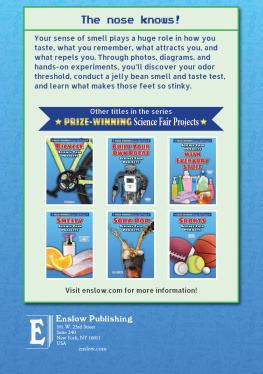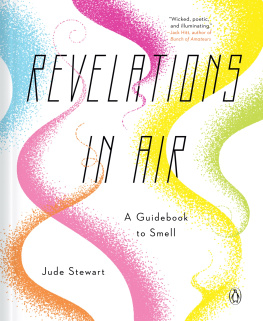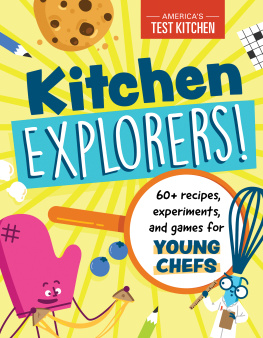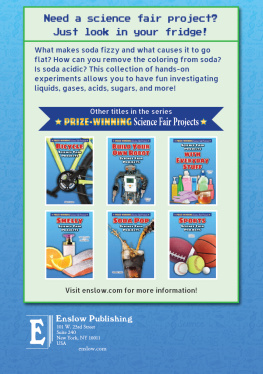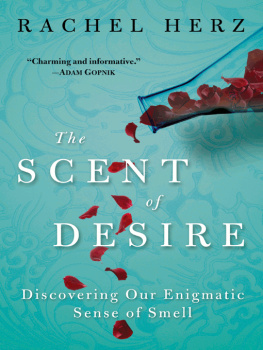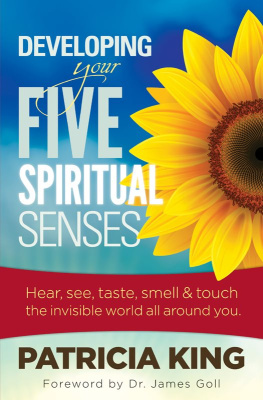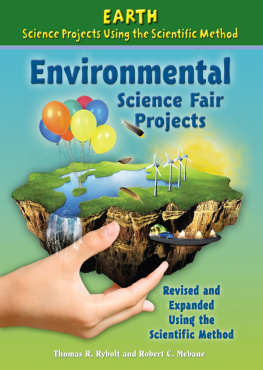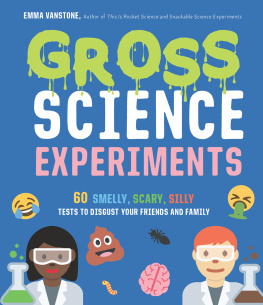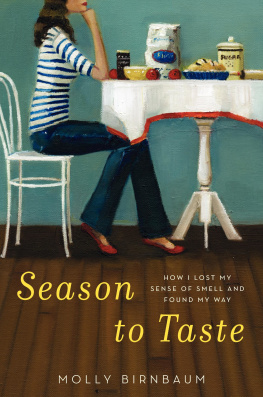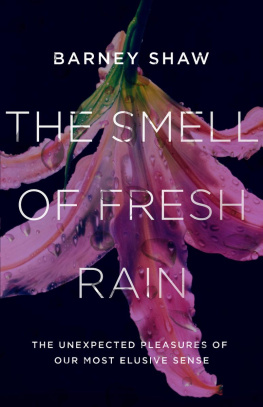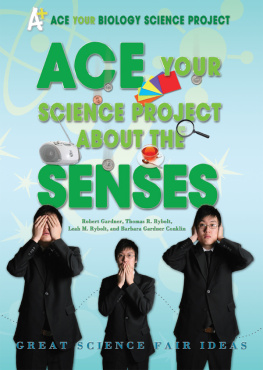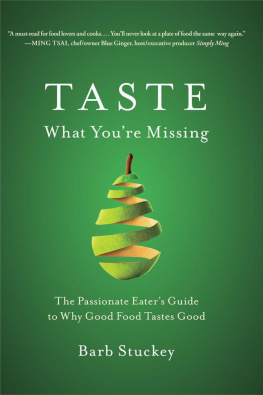Leah M. Rybolt - Smelly Science Fair Projects
Here you can read online Leah M. Rybolt - Smelly Science Fair Projects full text of the book (entire story) in english for free. Download pdf and epub, get meaning, cover and reviews about this ebook. year: 2015, publisher: Enslow Publishing, LLC, genre: Children. Description of the work, (preface) as well as reviews are available. Best literature library LitArk.com created for fans of good reading and offers a wide selection of genres:
Romance novel
Science fiction
Adventure
Detective
Science
History
Home and family
Prose
Art
Politics
Computer
Non-fiction
Religion
Business
Children
Humor
Choose a favorite category and find really read worthwhile books. Enjoy immersion in the world of imagination, feel the emotions of the characters or learn something new for yourself, make an fascinating discovery.
- Book:Smelly Science Fair Projects
- Author:
- Publisher:Enslow Publishing, LLC
- Genre:
- Year:2015
- Rating:5 / 5
- Favourites:Add to favourites
- Your mark:
- 100
- 1
- 2
- 3
- 4
- 5
Smelly Science Fair Projects: summary, description and annotation
We offer to read an annotation, description, summary or preface (depends on what the author of the book "Smelly Science Fair Projects" wrote himself). If you haven't found the necessary information about the book — write in the comments, we will try to find it.
Your sense of smell plays a huge role in how you taste, what you remember, what attracts you, and what repels you. Through photographs, diagrams, and hands-on experiments, youll discover how to find out your odor threshold, conduct a jelly bean smell and taste test, and learn what makes those feet so stinky.
Smelly Science Fair Projects — read online for free the complete book (whole text) full work
Below is the text of the book, divided by pages. System saving the place of the last page read, allows you to conveniently read the book "Smelly Science Fair Projects" online for free, without having to search again every time where you left off. Put a bookmark, and you can go to the page where you finished reading at any time.
Font size:
Interval:
Bookmark:


Published in 2016 by Enslow Publishing, LLC
101 W. 23rd Street, Suite 240, New York, NY 10011
Copyright 2016 by Thomas R. Rybolt and Leah M. Rybolt
All rights reserved.
No part of this book may be reproduced by any means without the written permission of the publisher.
Cataloging-in-Publication Data
Rybolt, Thomas R.
Smelly science fair projects / by Thomas R. Rybolt and Leah M. Rybolt.
p. cm. (Prize-winning science fair projects)
Includes bibliographical references and index.
ISBN 978-0-7660-7022-6 (library binding)
1. Smell Juvenile literature. 2. Science projects Juvenile literature. I. Rybolt, Thomas R. II. Title.
QP458.R93 2016
612.86078d23
Printed in the United States of America
To Our Readers: We have done our best to make sure all Web site addresses in this book were active and appropriate when we went to press. However, the author and the publisher have no control over and assume no liability for the material available on those Web sites or on any Web sites they may link to. Any comments or suggestions can be sent by e-mail to .
Portions of this book originally appeared in the book Science Fair Success With Scents, Aromas, and Smells.
Illustration Credits: Stephen F. Delisle with modification by Accurate Art, Inc. c/o George Barile.
Photo Credits: Binh Thanh Bui/ (perfume bottle).
Cover Credits: Binh Thanh Bui/Shutterstock.com (orange slices); indigolotos/ Shutterstock.com (salmon); Whiteaster/Shutterstock.com (perfume bottle); Ohn Mar/ Shutterstock.com, (science background).
CONTENTS
Introduction
CHAPTER 1 Your Brain and the World of Scents
1.1 Identifying Objects by Odor
1.2 Distinguishing Mixtures
1.3 Location by Nose
1.4 Odor Threshold
CHAPTER 2 Molecules on the Move
2.1 Temperature and Odors
2.2 Separating Scents
2.3 The Speed of Odor
2.4 Molecules through MatterScents and Solids
CHAPTER 3 Taste and Smells
3.1 Tasting What You Smell
3.2 Making Flavor Molecules
3.3 Jellybean Taste Test
3.4 Telling Time with Your Nose
CHAPTER 4 Scents and Memories
4.1 Molecules That Make You Remember
4.2 Learning New Smells
4.3 Recognizing Rotting Fruit
4.4 Describing Odors
CHAPTER 5 Perfume and Food
5.1 Perfume on Different Surfaces
5.2 Making Your Own Perfume
5.3 Food Odors and Mood
5.4 Essential Oils and Attracting Insects
CHAPTER 6 Fighting Odors
6.1 Neutralizing Odors
6.2 Smelly Feet and Carbon that Grabs Molecules
6.3 Room Deodorizers and Masking
6.4 Something Smells Fishy
Further Reading
Web Sites
Index
INTRODUCTION
Have you noticed that wherever you go, your nose is out in front leading the way? What good is your nose, besides pointing you in the right direction or holding up a pair of glasses? Your nose helps you breathe and smell. This book is about the world of odors and the sense of smellwhat goes on behind your nose, inside your head and brain.
Through your sense of smell, your brain is able to identify specific molecules floating in the air around you. Close your eyes, breathe deep, and sniff at the air. Do you smell a cup of coffee across the room, a peanut butter sandwich on the table, or someones new perfume?
How does your brain tell you what is in the air around you when you cannot see, hear, or touch it? Why are people so concerned with getting rid of bad odors and finding good ones? How do plants and animals use smell? How can a simple scent trigger a memory you have not had in years? Why can you briefly smell a food and know you do not want to taste it? This book is a collection of simple yet sensational sensory experiments to help you learn the answers to these and other fantastic odor questions.
ScentsBig Business and New Knowledge
Industries around the world make products or use products to add, remove, control, and modify odors. If you walk through a grocery store, it is hard to find a food or product that does not have a smell associated with it. Many products have odors added to themfrom lemon-scented dishwashing liquid to scented candles. Some stores have displays of aromatic oils used in aromatherapy. Worldwide, perfume is a 15-billion-dollar industry! On the other hand, people spend billions of dollars on products that remove or control bad odors. They use everything from room deodorizers to body deodorants.
In recent years, there has been an explosion of knowledge about odors and the sense of smell. More than a thousand different genes in human DNA are used to make protein receptors that allow people to smell thousands of types of molecules. Scientists have learned a great deal about how the sense of smell works. They have identified many specific odor compounds produced by plants, animals, and humans and how they affect behavior. Some methods of insect control use chemicals called pheromones that attract insects into traps. Other chemical odors are used to attract or repel fish, birds, and other animals.
Some companies are working on digital scent technology to send and receive smells through enabled digital media, including games, phones, and music. If you are playing a computer game, you can smell what is going on at the same time you see and hear it. Or you could send someone a picture of roses and have a rose scent released at the same time. Maybe some day a company selling pizzas will let you smell the toppings you wantor dont wantbefore you order.
How to Use This Book
Each chapter in this book has an introduction to a topic, followed by four main experiments. Each experiment will expand your knowledge of the chapter topic. The experiments do not have to be done in any special order. You can also skip around in the book to find the chapters that interest you most. Read the chapter introductions before you perform the experiments.

The fragrance department of a store is filled with a variety of scents.
A section at the beginning of each experiment lists the materials you will need. The materials are all common items that are in your home or for sale at a grocery store.
At the end of each experiment you will find a section called Project Ideas and Further Investigations, which contains suggestions for additional experiments. You can use any of the original experiments or suggested further experiments as a great starting point to develop your own original science fair project.
You should use a science notebook when you are doing experiments. Any notebook with bound pagessuch as a spiral notebookwill do. You should always record the date, a description of what you are doing, and all your data and observations. If you are working on a science fair project, your notebook will be an important source of information to show your teacher and judges the work you have done.
As you learn more about odor science, you will learn about many different sciences. Understanding the sense of smell involves biology, chemistry, physics, medicine, human physiology, animal behavior, psychology, and more. If you want to use this book to get a sense for scents, bring your nose along, and be ready to smell.
The Scientific Method
When you do a science project, especially one with your own original research, you will need to use what is commonly called the scientific method. In many textbooks you will find a section devoted to the subject. The scientific method consists of a series of steps.
Font size:
Interval:
Bookmark:
Similar books «Smelly Science Fair Projects»
Look at similar books to Smelly Science Fair Projects. We have selected literature similar in name and meaning in the hope of providing readers with more options to find new, interesting, not yet read works.
Discussion, reviews of the book Smelly Science Fair Projects and just readers' own opinions. Leave your comments, write what you think about the work, its meaning or the main characters. Specify what exactly you liked and what you didn't like, and why you think so.

